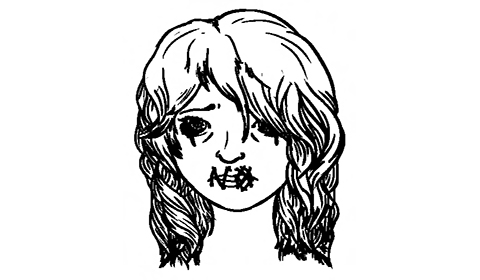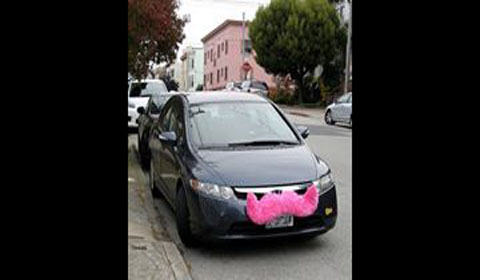
Two weeks ago, Christopher Hubbart, known as the “Pillowcase Rapist” and notorious for raping 38 women in California starting in 1972, was released from a state mental hospital and relocated to Los Angeles.
Hubbart’s attacks were well planned and carefully executed, and 26 of them took place in the greater Los Angeles area.
Hubbart targeted women with children because he believed that they would be cooperative and that their natural protectiveness would enable him to perform his acts in silence, since his victims would want to keep their children out of harm’s way.
Hubbart would bind his victims’ hands and muffle their screams by pulling empty pillowcases over their heads, which is why he became known as the “Pillowcase Rapist.”
Hubbart was initially apprehended and treated for mental illness at Atascadero State Hospital, but he was released in 1979.
After his release, Hubbart sexually assaulted more women in Sunnyvale and San Francisco and was re-institutionalized. After his second release, while living in the Bay Area, he attacked a female jogger and sexually assaulted her.
Hubbart was detained in 1990 for sexually assaulting the jogger, and was then released on parole three years later. Within two months of his third release, while living in Claremont in 1993, he committed himself to Atascadero State Hospital because he once again felt the urge to rape.
Hubbart remained in custody until two weeks ago, when a Santa Clara judge released him after his doctors signed off.
Hubbart was relocated to Los Angeles, a controversial decision because of the city’s connection to the majority of his crimes.
Victims have been notified of Hubbart’s release and relocation to Los Angeles but have been urged not to live in fear because, according to the California Department of Corrections and Rehabilitation spokesman Luis Patino, ex-convicts with records like Hubbart’s are closely monitored by parole officers.
Rapists like Hubbart are automatically registered as a sex offenders and subject to 24-hour supervision with a GPS ankle bracelet, among other strong rules and regulations of parole.
Although Hubbart will forever live an intensely scrutinized and supervised life, the fact that he is allowed to walk free seemed illogical to the members of the Los Angeles County Board of Supervisors.
Supervisor Zev Yaroslavsky recently said, “I’m extremely disappointed. Releasing this individual into the county where many of the victims and their families live is unreasonable and unfair,” he explained to The Huffington Post.












